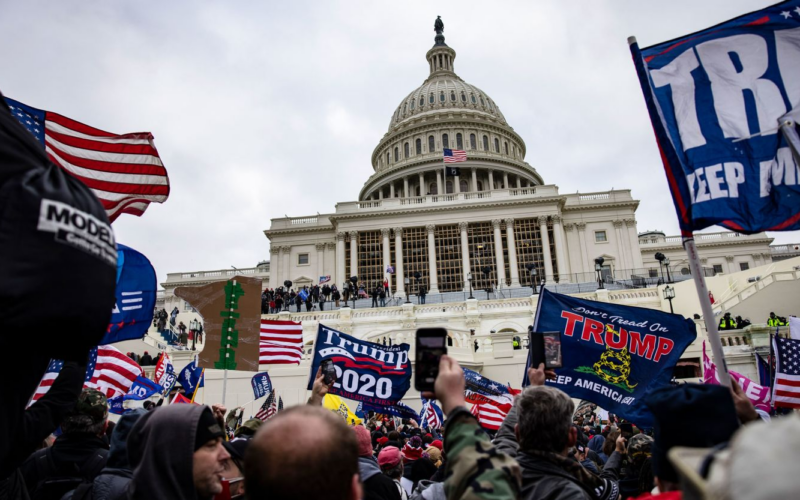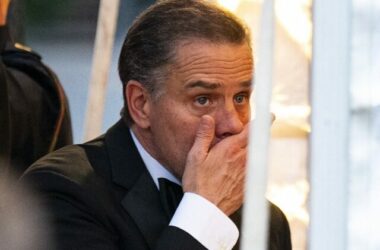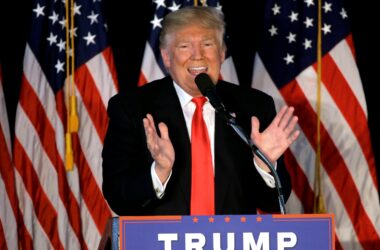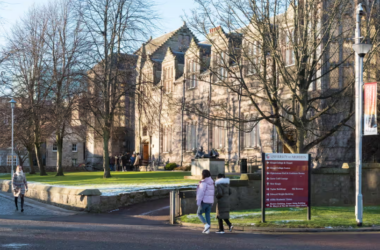The U.S. Supreme Court on Friday ruled in favor of Joseph Fischer, a former police officer, by narrowing the application of an obstruction charge stemming from his involvement in the January 6, 2021 Capitol riot. The decision, which may influence the legal proceedings against other defendants, including former President Donald Trump, redefines the scope of a law initially intended to address evidence tampering.
In a 6-3 decision, the justices concluded that the statute in question, 18 U.S. Code 1512, part of the Sarbanes-Oxley Act of 2002, applies specifically to cases involving tampering with physical evidence, rather than a broader range of obstructive acts. The ruling means that Fischer’s obstruction charge, linked to his efforts to disrupt the certification of President Joe Biden’s election victory, will be sent back to lower courts for further examination under this new interpretation.
Fischer, among hundreds charged in connection with the Capitol riot, was accused of obstructing an official proceeding by participating in efforts to prevent Congress from certifying the 2020 presidential election results. The charge carries a potential prison sentence of up to 20 years. Fischer, who previously served as a police officer in North Cornwall Township, Pennsylvania, was also charged with other offenses, including assaulting a police officer and unlawful entry into a restricted building.
The Supreme Court’s ruling specifically addresses the application of 18 U.S. Code 1512. Initially designed to combat financial fraud and evidence destruction in corporate contexts, the law’s relevance to actions taken during the Capitol riot has been debated. This ruling restricts the law’s application to circumstances involving physical evidence tampering, rather than broader obstructive conduct.
While this decision benefits Fischer by potentially nullifying one of his charges, it leaves other charges against him intact. The ruling’s broader implications for former President Trump and other January 6 defendants remain uncertain. Prosecutors argue that even under a narrower interpretation of the statute, Trump’s alleged actions could still be prosecuted.
There are over 1,400 cases related to the January 6 riot, with approximately 247 cases potentially impacted by the Supreme Court’s decision. However, only 52 of these involve obstruction as the sole felony charge, and among them, just 27 defendants are still serving sentences.
The Supreme Court’s decision adds complexity to ongoing cases involving the Capitol riot. For instance, in another significant case, Trump faces multiple charges, including one for obstructing an official proceeding. The court is also reviewing Trump’s claim of presidential immunity, which could influence whether all charges against him remain in place.
Fischer’s case highlights the judiciary’s role in interpreting laws that have significant implications for high-profile cases and the ongoing prosecution of individuals involved in the Capitol breach. The ruling may set a precedent for how obstruction charges are applied in similar contexts, emphasizing the importance of precise legal interpretations in politically charged cases.








